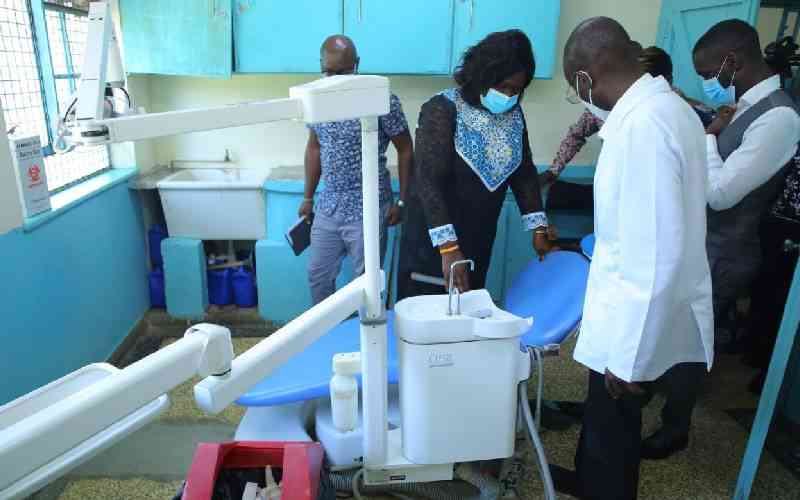×
The Standard e-Paper
Stay Informed, Even Offline

Kenyans are still reeling from the aftermath of the gruelling 2022 polls. In the deep corners of their minds, the presidential petition has only but denied them a quick chance at resuming their usual lives.
Listening to conversations around the country, there's renewed interest in the counties. Since they are the new epicentres of power, the public is eager to see how the men and women at the helm of the devolved units will impress or upset.